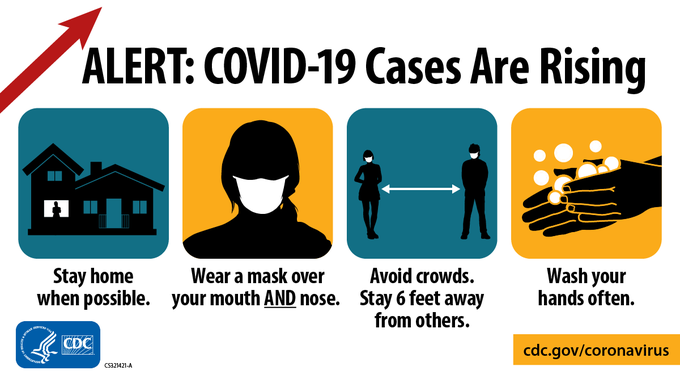“Kindness and generosity are the keys to happiness and prosperity.”Wahei Takeda, president and founder of Takeda Confectionery Co.
Wahei Takeda, president and founder of Takeda Confectionery Co., was considered a truly happy man, and lived by example a life that demonstrated to others what it really meant to live a successful and meaningful life. Often called the “Warren Buffet of Japan”, Takeda was one of the country’s most successful and well-known investors.
The key to a happy and abundant life
Takeda’s philosophy of “maro,” which in Japanese means ‘a sincere heart’, “inner contentment and gratitude are the keys to a happy and abundant life”.
My mentor, Wahei, said, those who are in touch with maro always create win-win situations for themselves and others.
When your maro increases, Wahei says you maro up and invite many miracles in your life.#kenhonda, #happymoney, #moneyeq, #inspiration, #waheitakeda pic.twitter.com/cjtwSvm3VL— Ken Honda Happy (@KenHondaHappy) November 14, 2019
The secret to a happy life isn’t an abundance of wealth, since rarely does anyone says they have too much, or just enough. “Winning a $20 million lottery ticket won’t make you happier,” said Dr. Sanjiv Chopra, a professor of medicine at Harvard Medical School. “Research has shown that after one year, lottery winners go back to their baseline. Some are even less happy.”
Chopra explains the four things that have been scientifically linked to happiness:
1. Relationship with Friends and family
Developing a close bond with people we trust and confide in is essential to our overall well-being. “Choose your friends wisely and celebrate everything small and good with them,” Chopra says.
Researchers have also warned that “loneliness and social isolation can be as damaging to health as smoking 15 cigarettes a day,” whereas friendships can “reduce the risk of mortality or developing certain diseases and can speed recovery in those who fall ill.”
2. Forgiveness
“The ability to forgive frees you from the burdens of hate and other unhealthy emotions that can negatively impact your happiness quotient,” says Chopra.
He cites Nelson Mandela as a hero who truly mastered the art of forgiveness. In 1990, when the legendary freedom fighter emerged from his 27 years of prison, he was asked whether he had any resentment toward his captors.
“I have no bitterness, I have no resentment. Resentment is like drinking poison and then hoping it will kill your enemies,” Mandela responded.
“Resentment is like drinking poison and then hoping it will kill your enemies.” Nelson Mandela
3. Giving
Chopra says that getting involved with charities and donating money to help others is one of the most fulfilling ways to spend your time and money. Researchers have suggested that people who volunteer experience greater happiness, higher self-esteem and a lower mortality rate.
A study from the University of Chicago and Northwestern University found that giving, rather than receiving, leads to long-term happiness. In one experiment, 96 participants were given $5 every day for five days — with the option to either spend it on themselves or on others.
“Everyone started off with similar levels of self-reported happiness,” the researchers wrote. “Those who spent money on themselves reported a steady decline in happiness over the five-day period. But happiness didn’t seem to fade for those who gave their money to someone else.”
4. Gratitude
“Gratitude is not only the greatest of virtues, but the parent of all the others.” Roman Orator Marcus Tullius Cicero once

“There’s a wonderful anonymous quote that goes, ‘If you don’t know the language of gratitude, you’ll never be on speaking terms with happiness,’” Chopra says.
Practicing gratitude can be as simple as saying “I’m grateful” at least once a day. In fact, one study from the American Psychological Association found that doing so can help people savor positive experiences, cope with stressful circumstances and strengthen relationships. It will also measurably improve your own overall satisfaction and happiness in your relationships and life.
“Happiness flows not from physical or external conditions, such as bodily pleasures or wealth and power, but from living a life that’s right for your soul, your deepest good.” Socrates
“Taking time to think about what you’re grateful for makes you more aware of the positive things in your life,” says Chopra. As a result, “it makes you less biased by the fewer negative things in your life.”
“Be thankful 1,000 times a day”
– Wahei Takeda, known as the Warren Buffett of Japan
What are you grateful for today? pic.twitter.com/kTC75V0XK8— Growthitude (@Growthitude) November 5, 2017
In a money-obsessed capitalist society, the simplest way to reach a state of happiness, contentment and abundant life is to express gratitude and give to others, instead of always wanting or asking for more. Bottomline, “gratitude is a key to wealth, health, and happiness”.
References:
- https://www.cnbc.com/2021/01/25/warren-buffett-of-japan-secret-to-success-happiness-and-wealth-in-life.html
- https://www.cnbc.com/2019/05/31/harvard-professor-says-winning-20-million-lottery-wont-make-you-happy-but-heres-what-will.html?updated
- https://www.cnbc.com/2019/01/24/saying-this-powerful-phrase-is-the-science-backed-secret-to-a-happy-relationship.html?__source=iosappshare%7Ccom.microsoft.msedge.EMMXShareExtension









